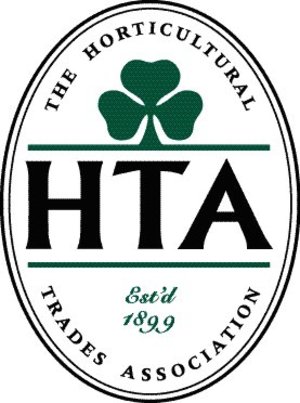Industry calls for a voluntary moratorium on imports of ash and compensation for any UK destruction notices
25 September 2012
UK growers are taking a responsible approach and co-operating closely with FERA and the Forestry Commission following the discovery of Ash Dieback (Chalara fraxinea) at a number of UK sites over recent weeks.
UK growers are taking a responsible approach and co-operating closely with FERA and the Forestry Commission following the discovery of Ash Dieback (Chalara fraxinea) at a number of UK sites over recent weeks.
Whilst the true extent of the spread is determined, the industry is calling for an immediate and voluntary moratorium on ash imports. The forestry and landscape sectors should consider alternative planting schemes, which the Forestry Commission should endorse by supporting percentage increases in other species to safeguard this season’s Grant Aid planting schemes and mitigate the commercial ramifications for UK industry.
Ash Dieback, which has no visible symptoms in its early stages, has spread widely across Europe so much so that mainland Europe recognises it as endemic and does not take any action against it. Given the enormous trade in plants within the EU, it is almost inconceivable that the disease is not already established in the UK. The forestry sector alone has imported over 5 million ash plants since 2003, and ash is also a popular species in the UK landscape sector.
HTA Director of Business Development, Tim Briercliffe, comments, “the HTA’s Tree and Hedging Group flagged Ash Dieback as a potential issue in the UK back in 2009 and requested that import of Ash was prevented. However, we were told that no quarantine action could be taken because the disease was already present and widespread in Great Britain. Had measures been taken then, we might not be in the position that we are in now.”
He adds, “we have written to Defra asking that they conduct a full epidemiological survey to establish the true spread of the disease, but this will take up to a year to conclude. In the meantime, given the reversal of policy since we first raised this issue in 2009, we believe that the UK Plant Health Authority should foot the bill for any destruction orders that are issued. Here we draw parallels with the Scottish Government response to Red Band Needle Blight where Scottish nurseries are being compensated for two years for infected stock.”




